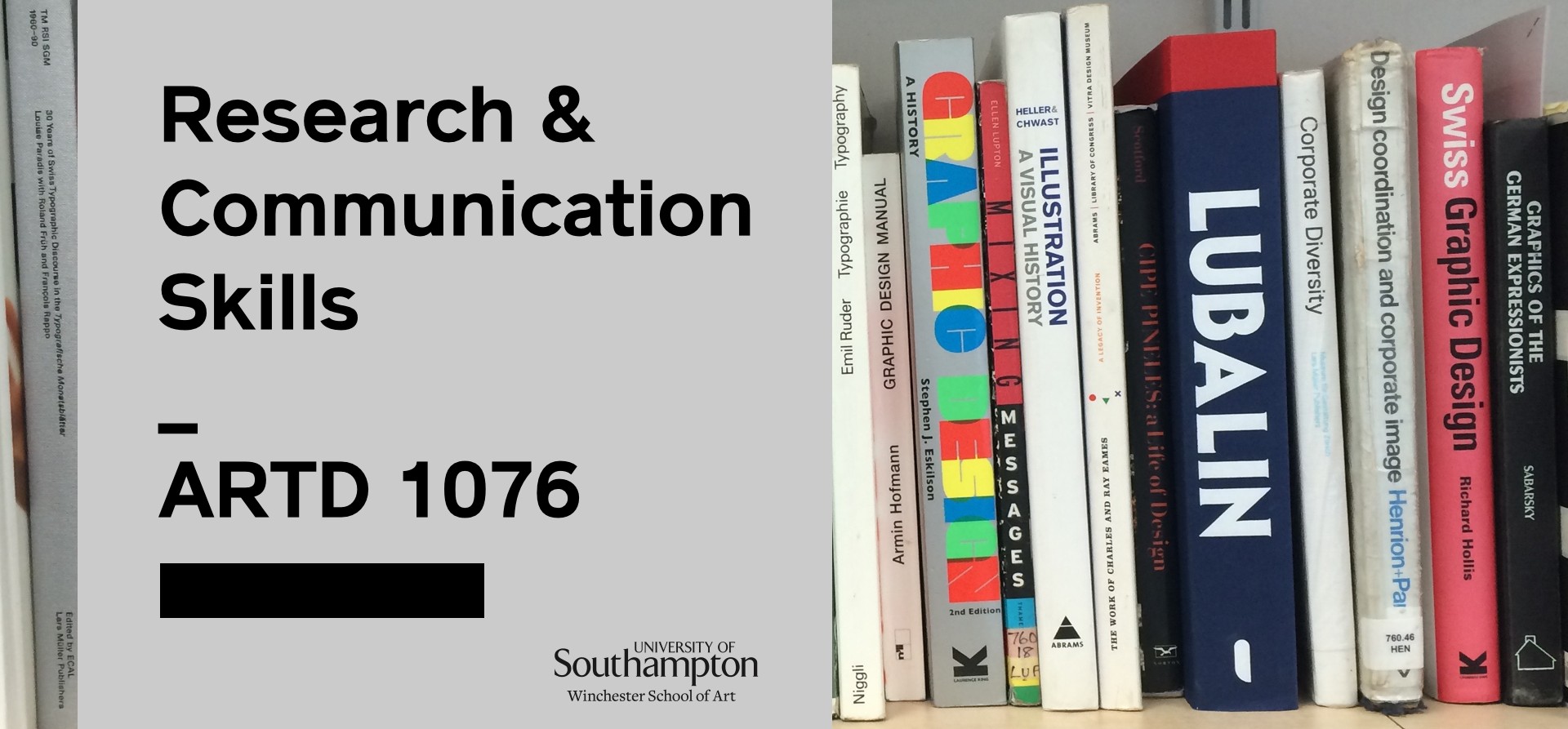I chose to consume the book ‘Rebecca Horn: Bodylandscapes’ (2005). This book is comprised of a collection of Horn’s work, as well as essays regarding Horn’s practice. A dialogue between Horn and Joachim Sartorius is also included, allowing the reader a more personal insight into Horn’s practice.
The interview between Horn and Sartorius is thorough, with Sartorius asking questions that showcases his own extensive expertise regarding Horn’s career, as well as his opinions on what Horn’s work portrays. In turn, this allows Horn to provide personal insight into her work. Horn is able to bounce off of Sartorius’ ideas, which is what makes this interview appear to be conversational. This interview paired with Horn’s documentative sketches allows the reader to observe her processes and development: something which looking at a final outcome alone will not provide. Therefore, this book feels somewhat intimate, and the way in which Horn discusses tender connections to her work encompasses this feeling:
‘To talk about love is like a wind that I shield off with a fan. It stubbornly seeks its own course and quite uncontrollably attacks me. I wrote the texts accompanying the Paradise Widow at a time of severe emotional strain’ (Horn, R. page 190)
Horn is confirming how her personal experiences have an impact on the work she produces, and this is why such a thorough interview is important: the reader could not grasp such concepts behind her work without such honest vulnerability.
Bibliography:
Horn, R. and Zweite, A. (2005). Bodylandscapes. London: South Bank Centre
